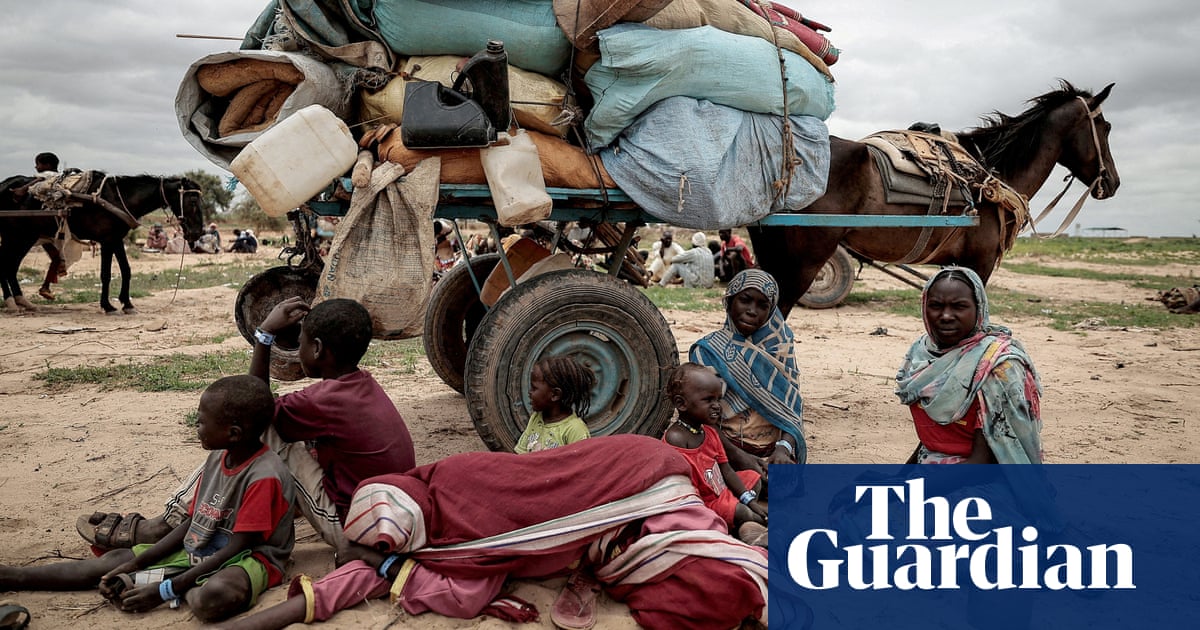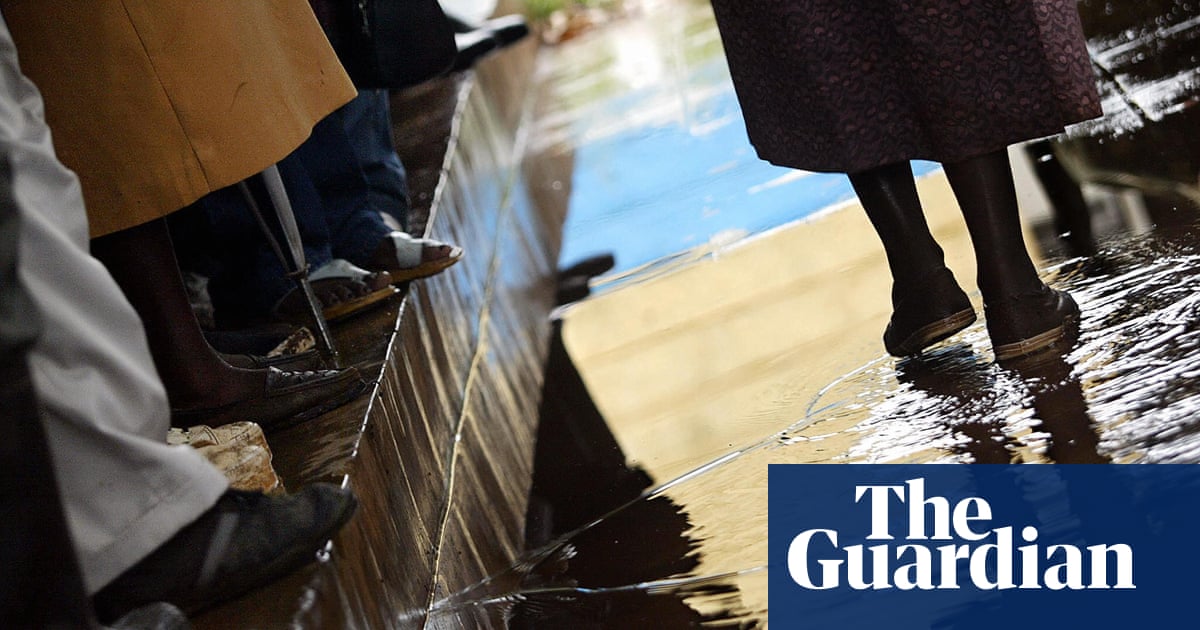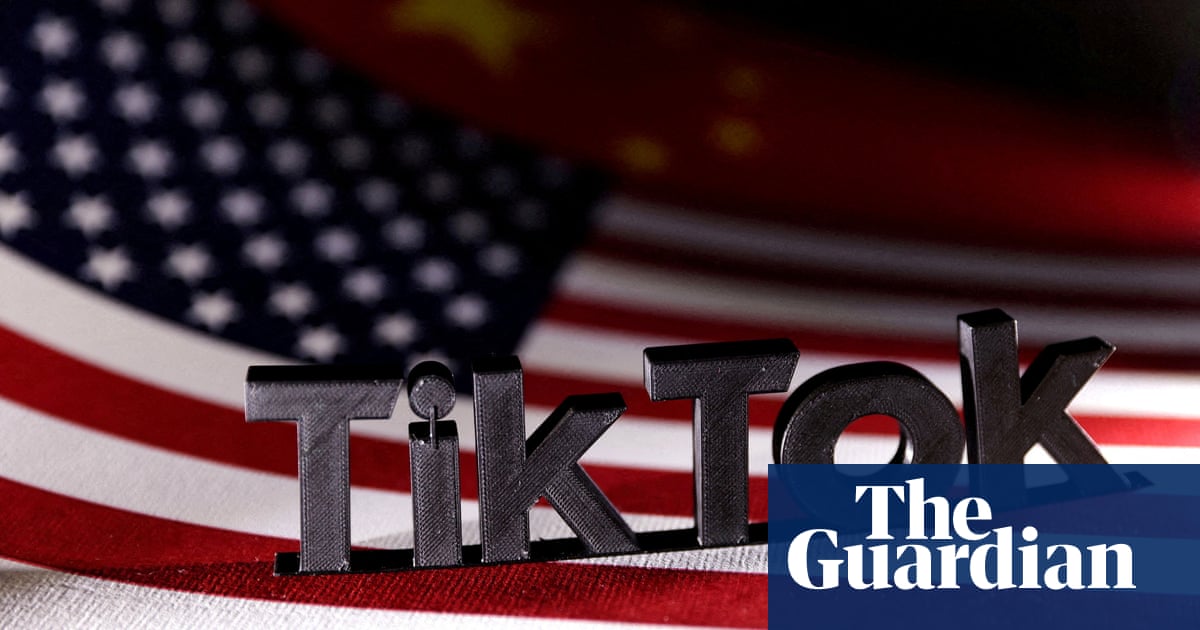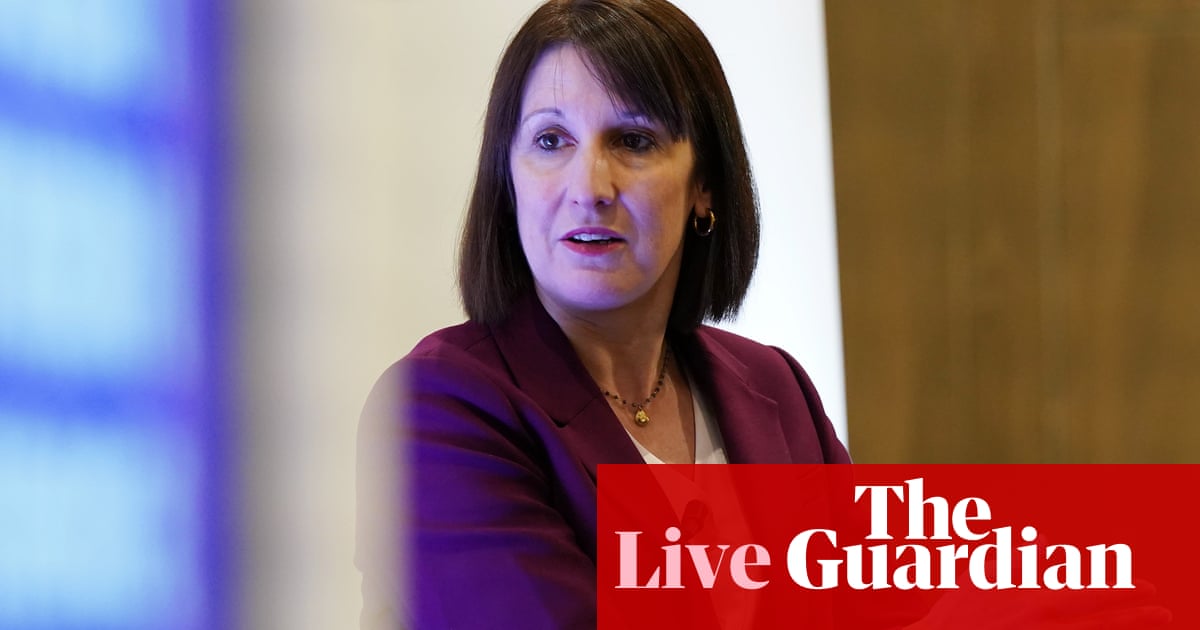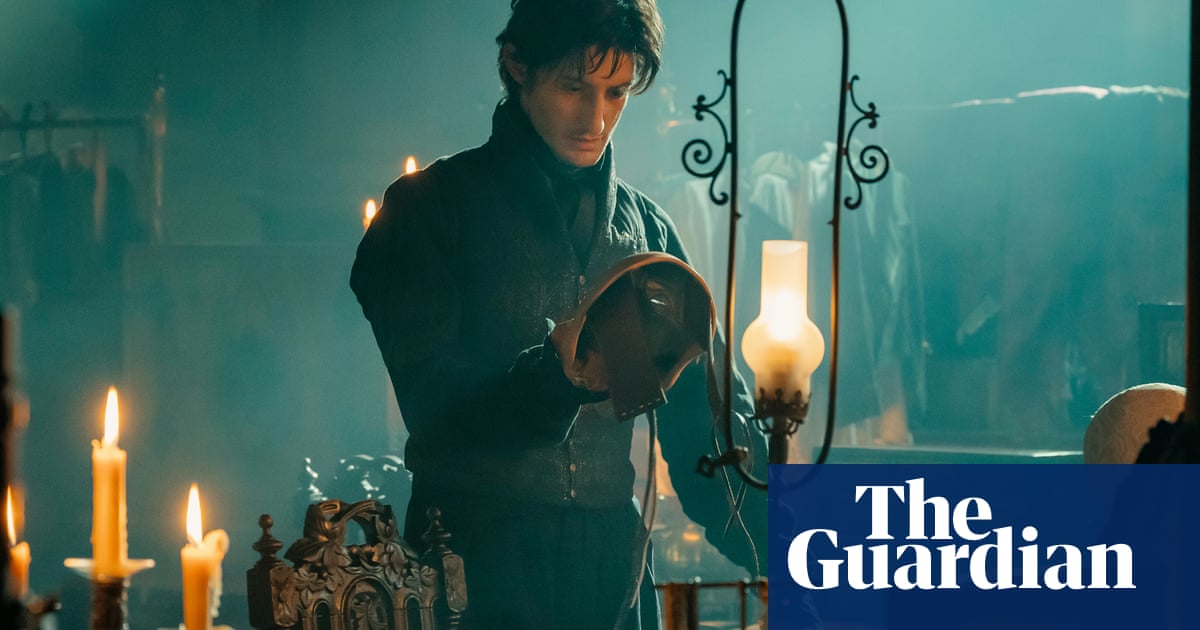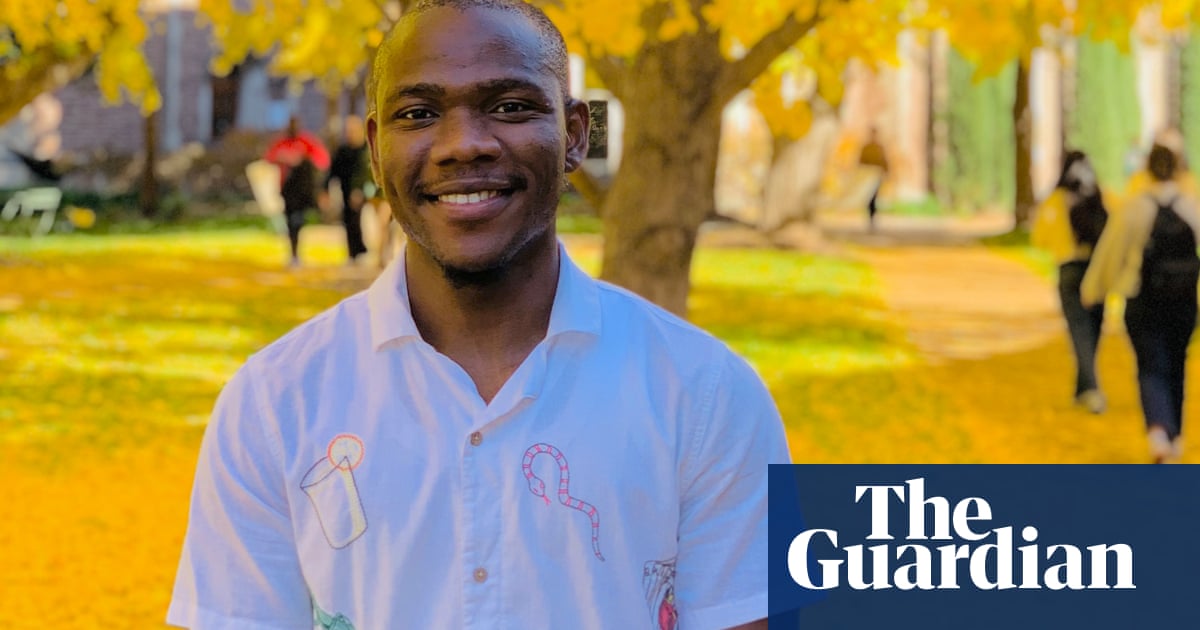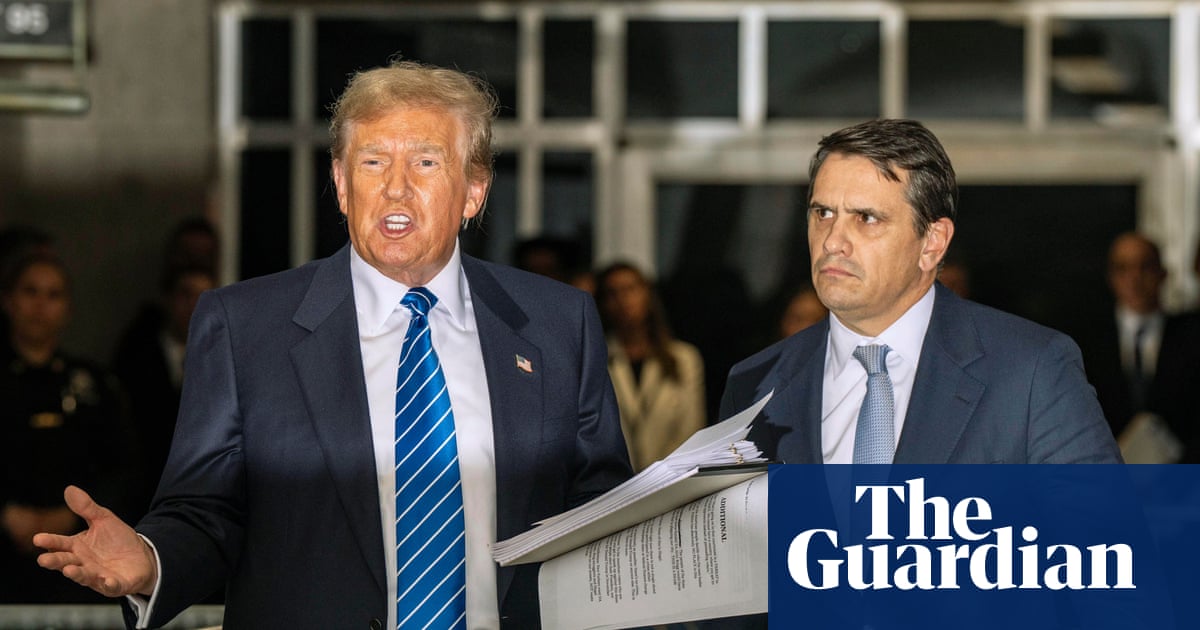“Everyone loved Jo. Except her husband.” He bludgeoned her to death in 2010. “With a claw hammer,” Joanna Simpson’s mother, Diana Parkes, explains. “Fourteen times he hit her.”
Her Majesty the Queen: Behind Closed Doors is full of such moments of breathtaking pain and cruelty, as it gives an account of Queen Camilla’s involvement with raising awareness of domestic and sexual violence – which began after the then queen consort met Parkes in 2016 and heard her and Joanna’s story. “It’s engraved on my heart,” she says, with unroyal frankness.
There is the savagery of the physical beatings recounted by many of the victims of domestic violence who are interviewed for the 90-minute film. There is Shana’s description of the “invisible chains” – of fear, of responsibility for your children, of lack of alternatives – that keep you tied to an abusive partner. There are the police responses, from Sir Patrick Stewart remembering how they told him and his brother, after an ambulance had been called for their mother, that it took two to make a quarrel (“Forgive me – what bullshit”), to “Natalie’s” boyfriend being arrested then released after he told them she had punched her own face. And there are more obliquely chilling moments, such as when a women’s refuge manager shows the queen their garden – a wonderful thing to have, she explains, “because a lot of the women have been locked in”.
There is much time and space given to survivors, who range from a woman in an abusive relationship when she was a naive teenager to a chief inspector of police who kept her suffering hidden for years. They also include Rosie Duffield, much of whose magnificently delivered speech as an MP in the House of Commons, based on her own terrifying story, is aired again. But the risk of voyeurism and exploitation these things always carry is tempered by the fact that at least equal space is given to politicians (Jess Phillips, Theresa May and Duffield herself), lawyers experienced in the field (including Cherie Blair) and assorted other experts who tease apart the layers of the problem and examine the evolution in our understanding of each.
We may no longer be in the era of Punch bashing Judy for laughs or Andy Capp laying out his missus in a daily newspaper comic strip. We may even understand slightly more about how many forms domestic abuse can come in – that it includes marital rape; that it is not just physical suffering but the more intangible mental tortures, known (and recently criminalised) as coercive control, the behaviours that seek to undermine your partner’s confidence and erode their sense of self. Criminologist Professor Jane Monckton Smith notes that the greatest predictor of whether a man will escalate to the murder of his partner is not earlier violence but the use of coercive control, which itself follows a pattern. If that pattern becomes well known enough, culturally, or understood (and accepted) by police, perhaps we stand a chance of reducing the number of women currently being killed – two to three a week at the hands of their partners, with another three deciding that suicide is the only way out.
We see the queen hosting multiple receptions, talking compassionately – if still with some of the stiffness inherent to her generation – to survivors and frankly to the camera and people of influence. It is indeed striking to hear her say the words “rape” and “sexual violence” out loud, and to name them and other manifestations of men’s physical and mental power over their partners as “heinous crimes” and refer to the “horrendous position” of victims. And of course her role is necessarily limited by her status as a royal to raising awareness rather than actively lobbying for legal changes, say, or demanding investigations into the apparently bottomless inadequacies of the police and the systemic misogyny that endures still, creating the violence and militating against justice for its survivors.
But you do long for some practical help, some real weight to be thrown behind real solutions. There is a cringe-making scene in which HM’s “washbag initiative” – packages of shower gel, toothpaste, etc given to women arriving at rape crisis centres and refuges – is praised, amid captions informing us that 61% of refuge referrals are denied for lack of space and funding. Every year, £180m is needed simply to meet the needs of the terrifyingly few women who manage to escape situations that, in a sane world, would make headlines that cause protests in the streets every single time.
Her Majesty the Queen: Behind Closed Doors aired on ITV1 and is now on ITVX.
after newsletter promotion

.png) 1 month ago
12
1 month ago
12
